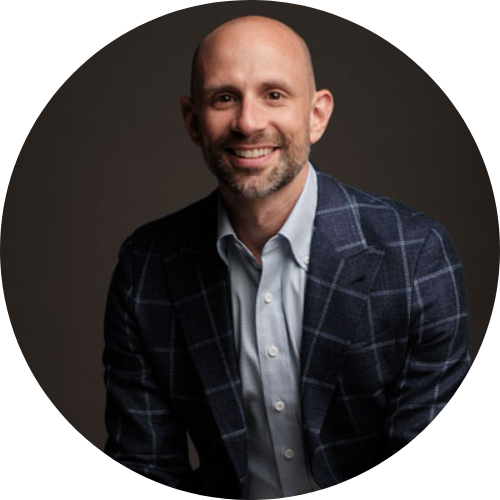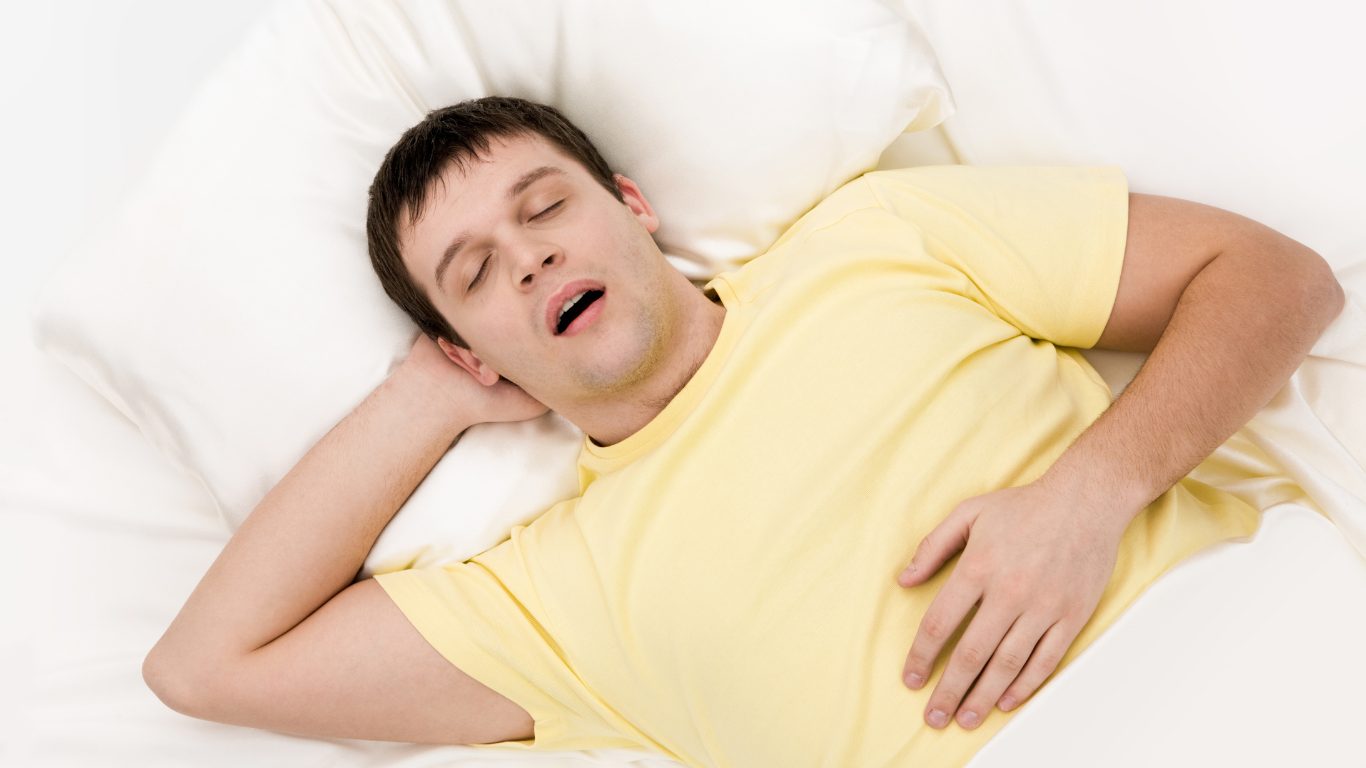
What is a Myofunctional Therapist?
October 23, 2020
Your Dental Health Guide to Energy Drinks: Tips and Tricks to Maintain Your Healthy
October 28, 2020Snoring and sleep apnea are the source of common health and oral health issues. So it isn’t surprising that patients often ask us – what type of doctor do you see for sleep apnea?
In short, the answer to that question – what type of doctor do you see for sleep apnea, varies depending on the severity of the sleep apnea and the causes. There are different types of sleep apnea, including obstructive sleep apnea and central sleep apnea. Within both types, the symptoms and resulting health problems may range from mild to severe.
According to Johns Hopkins Medicine, sleep apnea is common, but it is more common with higher body weight. At least 3 percent of people with an average Body Mass Index and over 20 percent of obese people experience sleep apnea. Often the first clue is a comment from a roommate, spouse, or sleeping partner about snoring.
Sometimes, people are surprised to learn that a dentist is often the first medical professional to recognize potential sleep apnea. This is because dentists, like us, are very familiar with the face and head anatomy, so we sometimes notice signs of sleep apnea. We also understand the dispositions and risk factors. Regular visits to your dentist can be a vital part of identifying and treating sleep apnea.
What Type of Doctor do you see for Sleep Apnea?
We hope this article about what type of doctor do you see for sleep apnea, will provide you with information to take charge of your health. It isn’t intended as a substitute for professional care.
How Your Dentist Can Help Identify Sleep Apnea
Since dentists are experts in the anatomy of mouth and head, we often notice variations, including alignment or development, that isn’t ideal. Sometimes chronic snoring contributes to dry mouth, an oral health concern that puts the teeth and gums’ health in peril.
If your dentist notices dry mouth, malalignment, grinding, or other signs, they may ask about sleep apnea symptoms like snoring. Better yet, be sure to discuss your concerns with your dentist like you would other medical professionals.
If you exhibit signs of sleep apnea and possible risk factors, your dentist may recommend that you have a sleep study or polysomnography. This is a specialized test used to diagnose issues with sleep. The exam tracks your brain waves during sleep, heart rate and breathing, the oxygen saturation levels in your blood, and movements of the eyes and legs. Sleep apnea varies in intensity but generally hinders the body’s oxygen consumption during sleep and prevents restful sleep.
Treating Sleep Apnea – The Team of Doctors Involved
Depending on your diagnosis, your primary care physician may be able to manage your treatment, or you may need to see an ENT (an ear, nose, and throat specialist).
Treatment varies depending on the cause of the sleep apnea and the severity. For example, an overweight patient with mild sleep apnea may resolve the issue by losing weight. More severe sleep apnea may require more intervention.
In some cases, effective treatment may involve a team of medical professionals. In addition to the dentist who may have first noticed symptoms, the sleep study team, an ENT, a primary care doctor, and a myofunctional therapist may be involved.
A myofunctional therapist is like a physical therapist for the mouth and tongue. They may prescribe and teach strengthening exercises to train you for more effective breathing and relief. Tonsils may also be a factor and removal by an ENT could help widen the airway and improve breathing.
Sometimes dental alignment problems contribute to sleep apnea by impacting tongue placement during sleep. In this case, your dentist may refer you to an orthodontist or recommend aligners like Invisalign, depending on your needs. Fixing the malalignment gives the tongue more space and may resolve some cases of sleep apnea.
Finally, some severe sleep apnea cases may result from the function, structure, or alignment of the jawbone or jaw. In this case, the patient may need an oral surgeon’s services to address those issues and restore balance.
As mentioned, snoring and sleep apnea are more than an annoyance to one’s spouse or sleeping partner. Sleep apnea keeps the body from efficiently breathing and getting enough oxygen. It is tied to a range of cardiovascular, metabolic, and oral health issues. Sometimes a patient with obstructive sleep apnea needs a C-PAP machine to keep the airways open, so they get enough oxygen.
Signs and Symptoms of Sleep Apnea
According to the Mayo Clinic, here are some signs and symptoms of obstructive sleep apnea:
- Loud snoring and frequent snoring
- Sleepiness during the day
- Breathing that stops during sleep
- Waking up with a dry feeling mouth and throat
- Headaches in the morning
- Waking up gasping for breath
- Difficulty focusing or concentrating
- Mood changes like depression
- Lower libido
- High blood pressure
As you can see, the symptoms indicate a bigger problem than just snoring. It also is associated with cardiovascular disease. Treating obstructive sleep apnea improves the patient’s quality of life as they often find they finally feel rested when they wake up in the morning.
Central sleep apnea happens when the brain cannot send the right signals to the muscles that control breathing during sleep. Some of the signs are similar to the more common obstructive sleep apnea. Symptoms include:
- Shortness of breath, many find relief by sitting up.
- Snoring.
- Trouble staying asleep.
- Daytime sleepiness.
- Nighttime chest pain.
- Trouble focusing and concentrating.
- Episodes of breathing stopping during sleep or unusual breathing patterns.
- Low exercise tolerance.
- Headaches in the morning.
Next Steps: Seeking a Diagnosis
So, what type of doctor do you see for sleep apnea? If you are experiencing signs of sleep apnea, discuss it with both your primary care physician and your dentist. Each health professional may have a different perspective, and their combined expertise may help.
Even mild sleep apnea may have oral health implications due to dry mouth, so it is important to keep your dentist informed even if your primary care doctor is already managing treatment. Sometimes oral health issues like dental malalignment may exacerbate the condition, and your dentist or orthodontist may be able to help.
If you are due for your regular dental examination, schedule it today. Today’s dentist is essential in promoting dental health and overall health as many conditions, including sleep apnea, benefit from a dentist’s attention.
Charlotte-area residents have trusted Southview Dentistry with their oral health for over a decade. Call us today to schedule your appointment.




